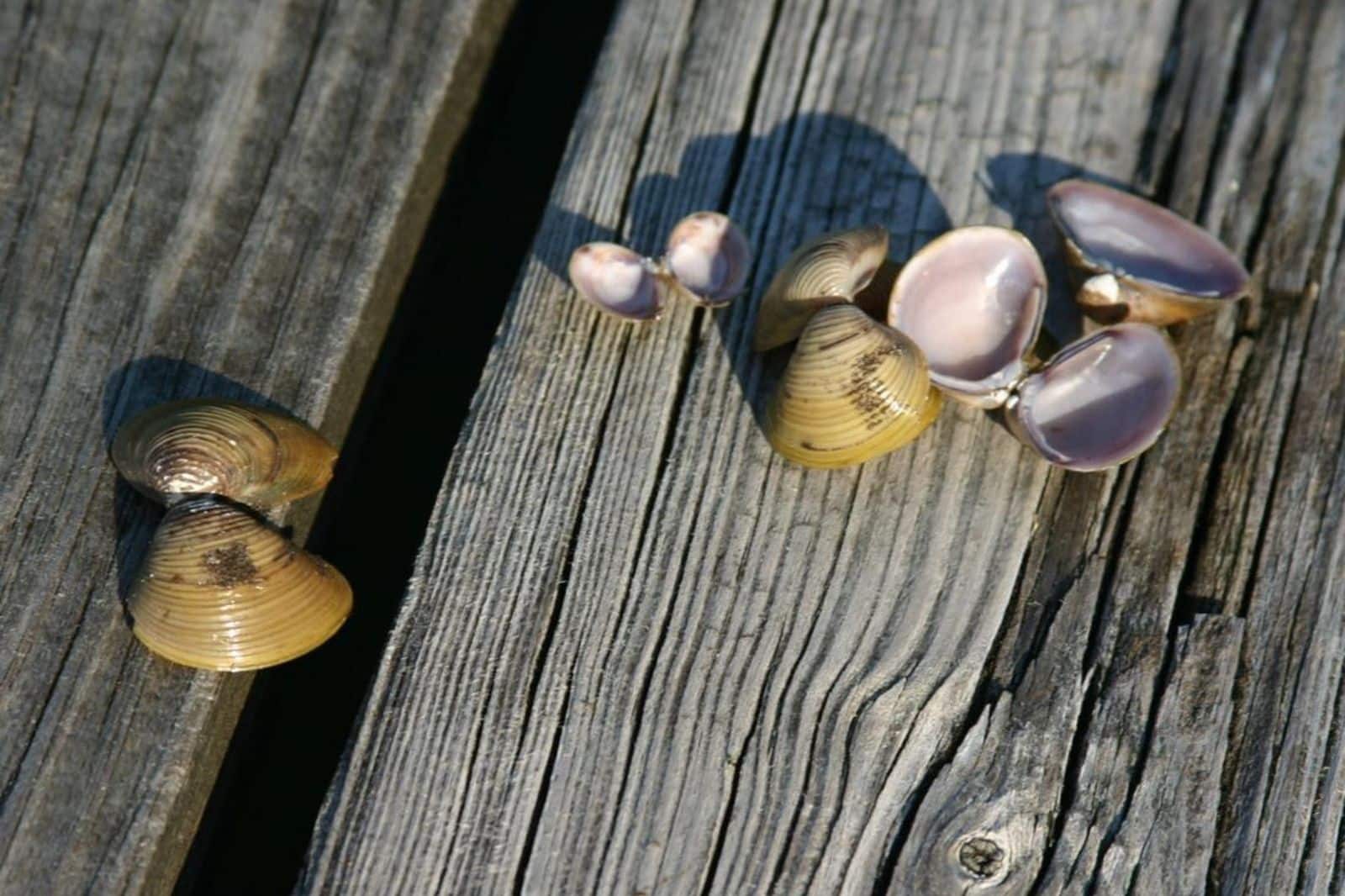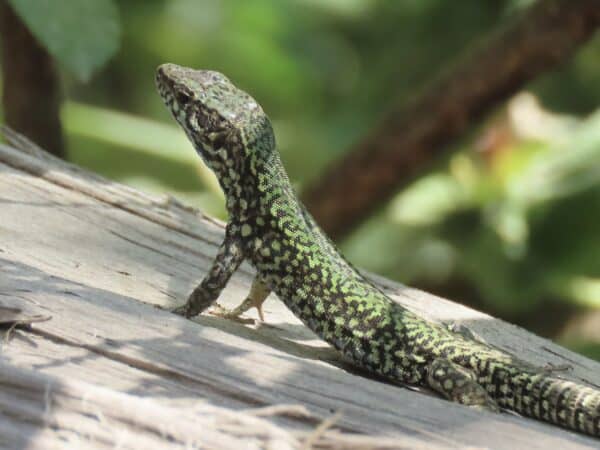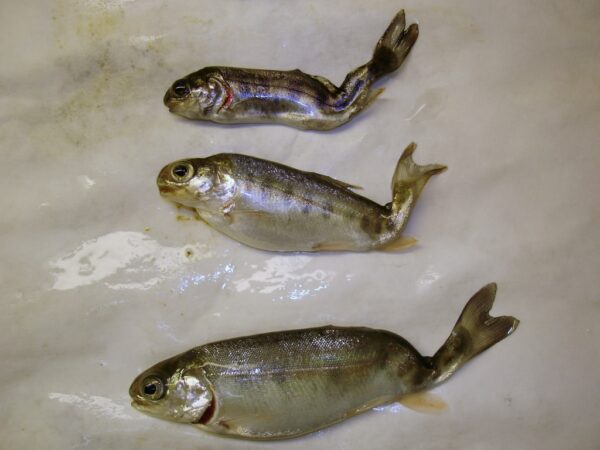Published September 21, 2020
Invasive Asian clam shells have been identified on a Shuswap Lake beach. Only dead shells have been found and provincial staff have not confirmed the presence of any live individuals. Sue Davies, Aquatic Coordinator for the Columbia Shuswap Invasive Species Society, states that monitoring will continue into next season.
Populations of invasive clam have been identified in the Lower Mainland and Washington State. Davies suggests that the clams found in the Shuswap may have been transported within contaminated watercraft, fishing gear or mud adhered to a trailer.
British Columbians who think they may have seen an invasive species, including the Asian clam, can report findings to the Invasive Species Council of BC at 1 888 933-3722, via the “Report Invasives” mobile phone app, or at: bcinvasives.ca/report.
The Asian clam (Corbicula fluminea) is native to Southeast Asia, central and eastern Australia, Africa, Indonesia and Turkey. It is believed to be have been introduced in the United States in the 1930s after being imported for food. The clam threatens native biodiversity, damages power plants and water treatments systems and reduce drinking water quality. Visit the Province’s Asian Clam Invasive Species Alert for more information.
To reduce the spread of invasive species and ensure boats and gear are free of aquatic invaders, water recreationalists should always:
- Clean plants, animals and mud from your boat and gear
- Drain all water from your boat and gear onto land
- Dry all parts of your boat and gear completely
To learn more about provincial regulations and programs concerning invasive species, or to commit to the Clean Drain Dry program, visit CleanDrainDry.ca.
About the Clean Drain Dry program in BC:
The Canadian Council on Invasive Species is pleased to work in partnership with the Invasive Species Council of BC and with funding from Fisheries and Oceans Canada in launching the Clean Drain Dry program in BC, as the foundation for a national program. The project aims to encourage boaters and aquatic recreationists, who play a critical role in protecting local watersheds from invasive species, to Clean, Drain, and Dry all boats and equipment. Over a three-year pilot term, resources, signage and a social and digital media campaign will be designed to shift the behaviour of boaters and aquatic recreationists to encourage the practice of Clean, Drain and Dry.
About the Invasive Species Council of BC:
ISCBC is dedicated to keeping our landscapes and communities free of invasive species. It provides a coordinated, province-wide approach to reducing the impact of invasive species in BC. ISCBC unites efforts across the province and collaborates with a variety of partners to develop unique solutions for the wide variety of ecosystems across BC.
For media information, please contact:
Gail Wallin
gwallin@bcinvasives.ca
250-305-9161
Share





